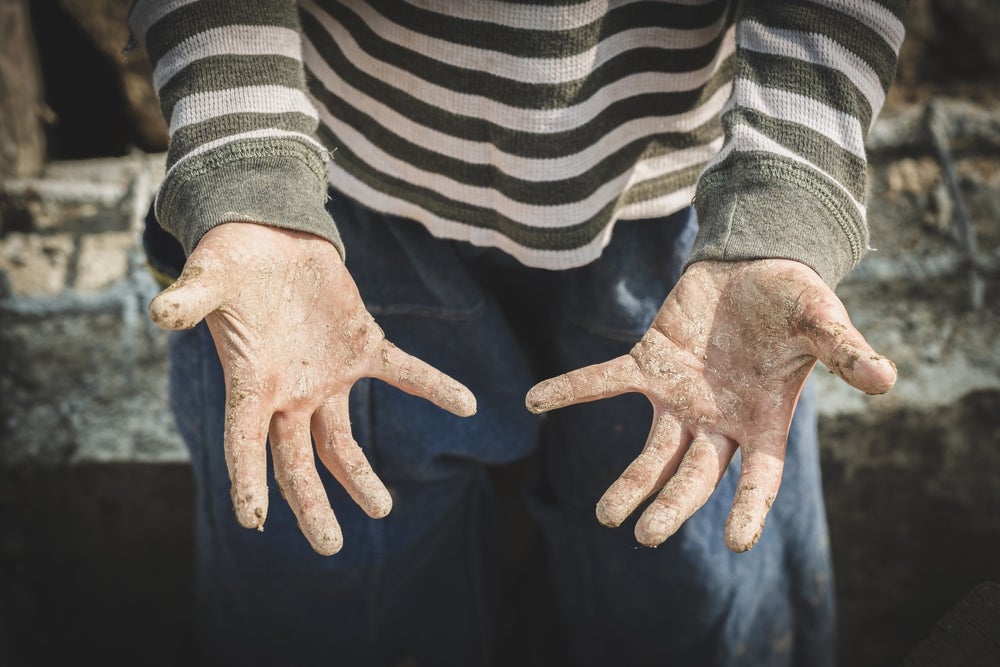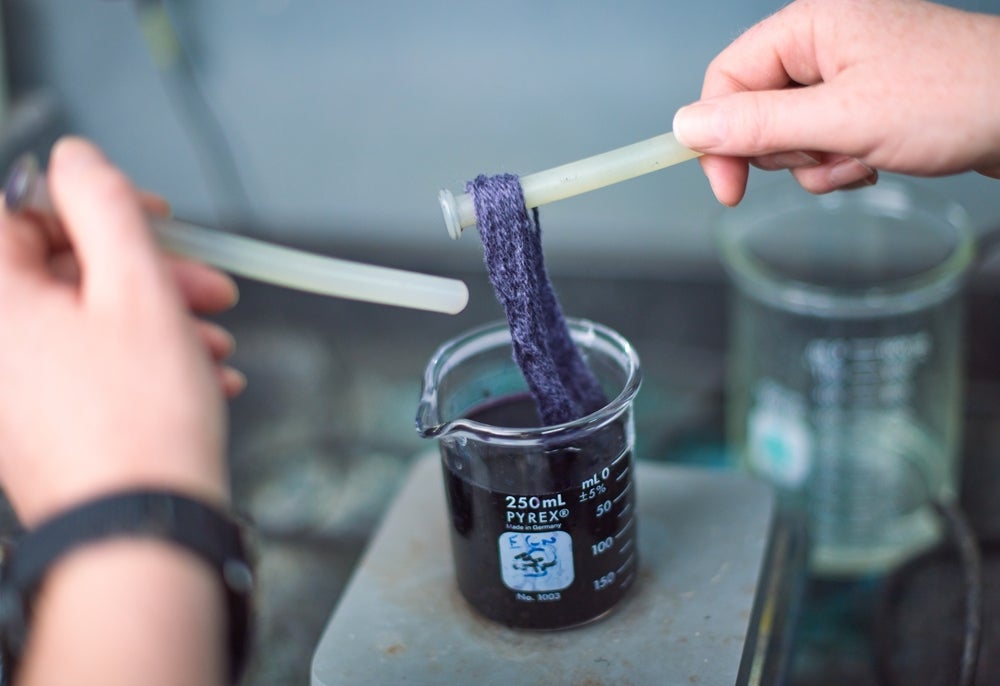UK academics Lindsay Pressdee, Dr. Amy Benstead, and Dr. Jo Conlon believe "tackling sustainability in the fashion industry has lost its place on the political agenda" despite 10% of global CO2 emissions being attributed to the fashion sector.
The trio express disappointment in the lack of progress from the UK government following a 2019 report from the House of Commons Environmental Audit Committee titled "Fixing Fashion".
This report recommended the adoption of extended producer responsibility (EPR) and other measures, such as a ban on incinerating or landfilling unsold stock that could be reused or recycled, as well as a tax system that favoured reuse, repair, and recycling to support responsible companies.
The experts urge the government to reconsider these recommendations and reintroduce the concept of sustainable fashion on the national political agenda.
The trio also emphasise the need for sustainable practices to be instilled throughout the entire supply chain.
They commend the European Commission for its proposal of an "Extended Producer Responsibility (EPR)" for textiles within the European Union, a measure designed to encourage producers to create products with reduced environmental impacts over their entire life cycle.
The academics warn that discarded sportswear, which is often made from polyester, release harmful microfibres and take centuries to biodegrade.
The academics are also keen to criticise the government's decision to discontinue the standalone GCSE course in textiles, a programme that equipped young people with essential skills for mending clothing, including football kits.
They wrote: “We are therefore calling on the Government to reintroduce textiles as part of the school curriculum to engage young people in sustainable materials and equip them with the basic skills required to repair clothes.”
The University of Manchester has embarked on an initiative to address textile waste within the football industry.
They offer workshops that transform surplus football shirts into unique reusable tote bags, while educating local communities about the environmental impacts of textile waste and techniques for prolonging the lifespan of garments.
The project aims to keep sports kits in circulation but also sheds light on the broader problem of textile waste.















